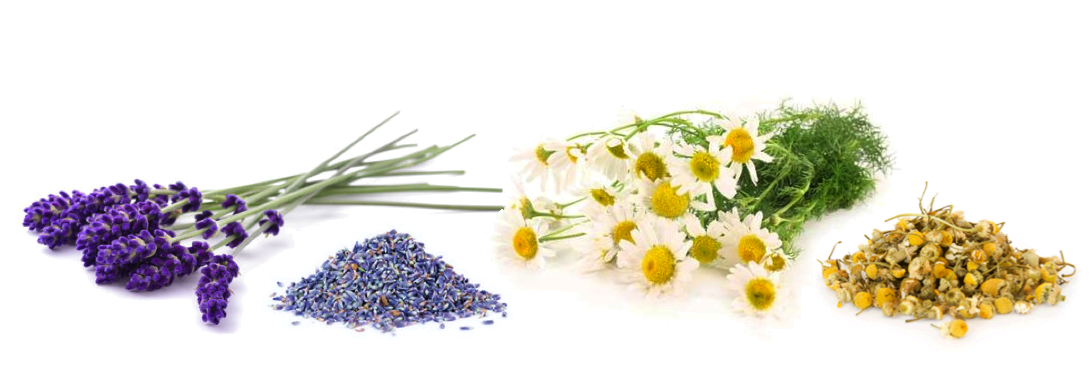Today I’m going to write about sleep. Scott has had issues with getting to sleep. So we have been doing some research into sleep.
One common factor that kept coming up was the development of Sleep hygiene or Sleep habits. Good sleep habits are often referred to as good sleep hygiene.
There are many things that can be done to improve sleep. While most of these are common sense, life is very busy and we often don’t think about them. According to research, there are many things that can be done to have a better night’s sleep.
Sleep habits to consider –
- Getting sunlight during the day will help you to sleep better at night
- Try to keep a consistent bedtime. The body has an internal clock and hormones that control sleepiness and wakefulness.
- Most adults need 7-9 hours of sleep a day. This stays the same even in old age.
- Limit Naps. Remember that the average adult sleeps for between seven and nine hours a day. Naps will take up some of this time. But if you are taking short afternoon naps without any problems, then you might want to keep doing this. On the other hand, naps in the evening, or dozing in front of the TV, can make it harder to get to sleep at night.
- Meals should be timed to avoid going to bed on a full stomach, but not hungry either. The evening meal should be at least 2 hours before bedtime. Alcohol might help you get to sleep, but it will make it harder to stay asleep. It makes sleep problems like snoring and sleep apnoea worse as well.
- Don’t have things in the bedroom that distract you from sleep, like televisions and computers. The blue light of the computer can reduce evening levels of the sleep-promoting hormone, melatonin. (www.sleephealthfoundation.org.au)
After talking to some lecturers at college, Scott bought some Lavender & Chamomile tea, which he now has before going to bed. It has been quite effective. I have found some information to explain why it works.
Lavender & Chamomile
Lavender is often used to help people sleep. Brewing a few lavender flowers in hot water to make a tea, has been used to induce sleep and relaxation for thousands of years. This is closely linked to the flower’s impact on the nervous system, and can also help to clear your mind of negative thoughts or clutter. The antioxidant components of lavender can also impact the endocrine system of the body to lower the levels of stress hormones in the body.
Chamomile is another herb well known for its calming effect. It has many health benefits and uses, including the ability to lower stress levels and aid sleep.
This beverage can help increase the levels of serotonin and melatonin in your body, which can successfully eliminate stress and worry, while also slowing down your mind and eliminating the classic symptoms of anxiety. Therefore it can also be an overall sleep aid, particularly for people who struggle with restless, non-restful or rejuvenating sleep.
Even those struggling with sleep apnoea and other disorders may benefit from the effects of chamomile tea. (www.organicfacts.net)
Till the next post, Sleep well,
Live Clean n Prosper

